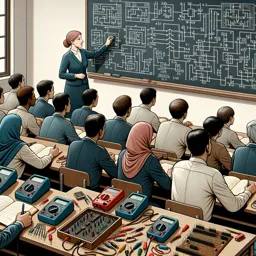Electrical safety is a crucial aspect of home maintenance that significantly reduces the risk of fires. Many home fires are caused by electrical faults, which can often be prevented by following proper safety measures. Here’s how to implement electrical safety practices to protect your home and loved ones:
- Regular Electrical Inspections Schedule regular inspections by a certified electrician, especially if your home is older or has undergone renovations. Inspections can identify faulty wiring, overloaded circuits, or outdated electrical panels that could pose fire risks.
- Use Quality Electrical Equipment Always use high-quality electrical appliances, cords, and outlets that meet safety standards. Low-quality or counterfeit products may not have the necessary safety features and can lead to overheating or short circuits.
- Avoid Overloading Circuits Plugging too many devices into one outlet or extension cord can overload the circuit and cause it to overheat. Use power strips with surge protectors and distribute electrical loads across different outlets to prevent overloading.
- Install Ground Fault Circuit Interrupters (GFCIs) GFCIs are designed to protect against electric shock and are essential in areas with high moisture levels, such as kitchens, bathrooms, and outdoor spaces. These devices cut off power if they detect an imbalance in the electrical current, helping prevent electrical fires.
- Check and Replace Damaged Cords Frayed or damaged power cords are a fire hazard. Regularly check cords for signs of wear and replace them immediately if damaged. Never run cords under carpets or furniture, as this can cause them to overheat.
- Unplug Appliances When Not in Use Unplugging appliances when they’re not in use can help prevent overheating and power surges. This is particularly important for high-wattage devices like space heaters, toasters, and irons.
- Educate Your Household Teach family members about electrical safety practices, such as not overloading outlets and using appliances correctly. This education can make a significant difference in preventing accidental electrical fires.
Conclusion
Implementing electrical safety measures, such as regular inspections, using quality equipment, and educating your household, can significantly reduce the risk of home fires. These practices are simple yet effective ways to protect your home and loved ones from electrical hazards. Taking proactive steps ensures a safer living environment and peace of mind.































